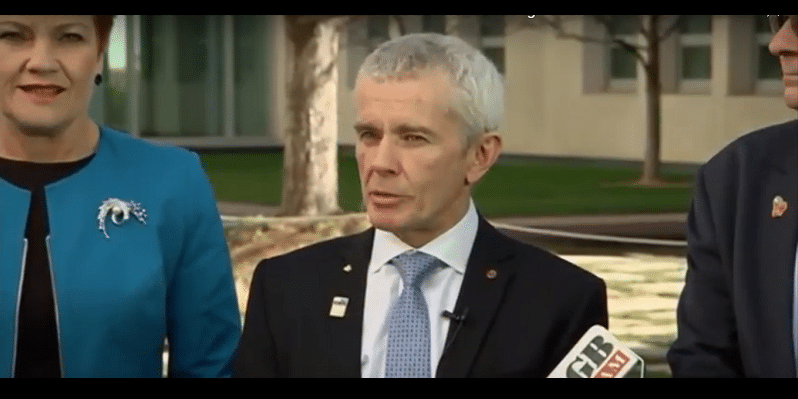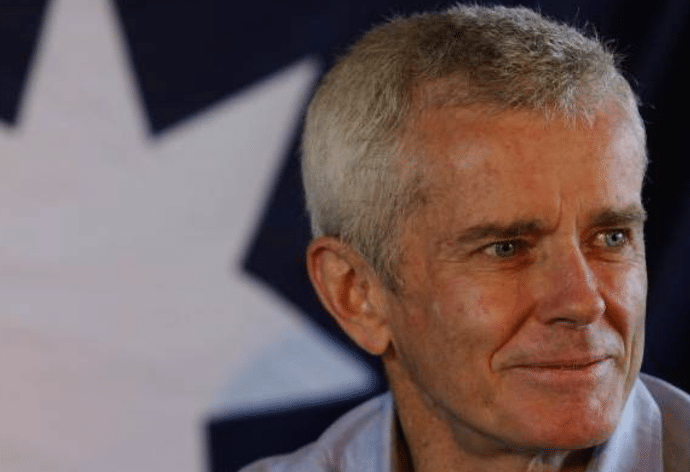Immigration
India-born Senator, Deputy PM, 3 Others Disqualified from Australian Parliament

Malcolm Roberts with Pauline Hanson, leader of One Nation Party
YouTube screenshot
A by-election will now be held in the district that was comfortably won by Australian Deputy Prime Minister Barnaby Joyce in 2016.
The Australian High Court on Oct. 27 ruled that Australian Deputy Prime Minister, Barnaby Joyce, and four other senators, including India-born Malcolm Roberts, are not eligible for their positions in Parliament as they hold dual citizenship.
The ruling has put pressure on the Malcolm Turnbull-led government, which held a single seat majority in the 150-seat House of Representatives. A by-election will be held in Joyce’s rural electoral district on Dec. 2. Joyce had maintained that he had been unaware of his New Zealand citizenship, which he inherited from his father, and found that he had retained the citizenship after making inquiries to its Department of Internal Affairs.
Among the four other senators who were ruled ineligible are deputy National Party leader Fiona Nash, One Nation’s Malcolm Roberts, and two Greens senators, Scott Ludlam and Larissa Waters. Ludlam and Waters had already resigned. Two other senators — Matt Canavan of the Liberal National Party and Nick Xenophon of the Nick Xenophon Team — whose citizenship was under question were found eligible.
Roberts was found to have a British citizenship. He was born in 1955 in India, where his Welsh father had a coal mine. His mother was from Queensland. He had a British citizenship, which he inquired about and tried to relinquish through an email only after the issue became a point of contention. He said he would run for the Ipswich seat in the upcoming Queensland election since he is ineligible for holding a seat in the federal government.
Roberts was a prominent anti-Climate Change proponent. He was also an anti-immigration politician, despite being an immigrant himself. He moved to Australia in 1974.
The high court upheld a 113-year-old law that forbids those with dual citizenship from holding office in the House of Representatives. The matter had been ongoing since July. Some critics said that the constitutional law was outdated, and it included those born in the Commonwealth region. Others opined that in a country where most are immigrants such a law should not be upheld.
Joyce said he was ready for the ruling to go against him. “It is a tough game, politics. You dedicate so much of your time to it,” he was quoted as saying by the New York Times. “You take the hits and the sacrifices.”
Turnbull, however, expressed his dismay, the newspaper reported. “The decision of the court today is clearly not the outcome we were hoping for,” Turnbull said, “but the business of government goes on.”
Turnbull cancelled a visit to Israel after the ruling that put questions on the various political parties’ vetting process.
The senators whose citizenship was under question relinquished their citizenship of other countries after the issue came to light. Most of them said they were unaware of their dual citizenship. Roberts, however, was found to make contradictory statements regarding his knowledge of his dual citizenship status.


You must be logged in to post a comment Login